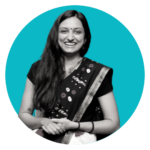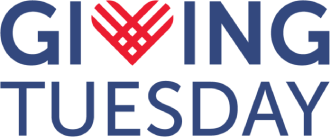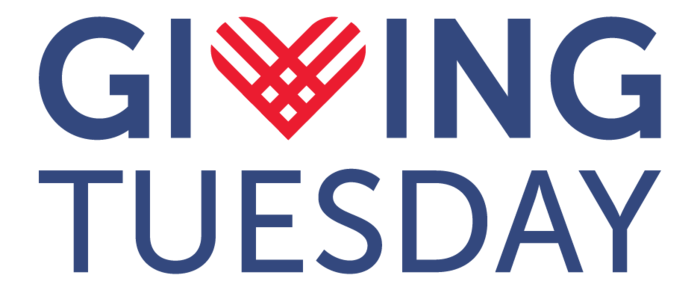
Walking into the lunch tent at Zorba the Buddha on the 17th of August, I was feeling a mix of uncertainty and excitement. It was the first in-person workshop of the Starling India Collective, a collaboration of six partner organisations (Breakthrough, C3, GivingTuesday, Haiyya, Milaan, and Pratham) who have come together to co-design and deliver a leadership and community-building fellowship for community leaders in India. All the partners involved, and the 12 community leaders who make up the inaugural cohort, were meeting to get to know each other better and to officially launch the first module of this learning journey.
Since this is the first time six not-for-profit organisations in India have come together to collaboratively design and deliver a fellowship in India, I had a lot of questions swirling in my head.
Will the cohort feel comfortable with each other, and with representatives from other partner organisations?
Will they feel comfortable in this space?
Will they find this experience valuable?
Will it all go according to plan?
I served myself from the buffet and sat down in a circle of a few cohort members. I looked to my left to ask two of them what they thought of the food, my attempt at breaking the ice. One of them, already beaming with an infectious smile said, “The food is great, everything is great, I am already having the best day of my life!” Delighted and curious by this response, I asked how come. Her eyes lit up with an excitement that seemed to radiate around her, and she said, “I took a flight for the first time in my life this morning, and I am the first woman in my village to have done so.” Others in the circle turned their attention to us and joined in. “This was also my first time taking a flight,” someone on the far side of the circle echoed. Another added, “This is my first time in Delhi, and travelling this far away from home”; someone else added, “This is my first time eating this and it’s wonderful!” she exclaimed pointing to a small bowl of Thai curry and rice on her plate. Already feeling my initial nervousness fading away, I realised that this was a day of many firsts for us as a group.
The first Starling India Collective cohort comprises 12 inspiring change-makers aged 17 to 37 years, from six states in India who collectively speak nine languages, all speaking Hindi, which is the language this fellowship is delivered in. They come from diverse backgrounds and occupations, some are students, some teachers, journalists, and other elected representatives. Many belong to systematically marginalised communities. Each of the leaders has been working towards building a community around a cause including higher education for girls, family planning and women’s health, working to end child marriage and domestic violence, and pride in indigenous cultures and languages. What is common among them is a deep and strong commitment to positive change in their communities. Each of the cohort members is challenging the status quo in their own lives, as well as in their work. All have had to fight deeply embedded oppressive systems at every stage of their lives. For many, travelling to Delhi for this workshop was one such fight.

After an activity that involved each of them sharing their stories, one of the cohort members said, “I used to think that this only happened in my family, in my community, that I was the only one who had to fight for everything, but now that I see that we have all been fighting, and it’s good to know that I am not alone.” Seeing oneself in another’s experience, and another’s experience in your own feels like the very definition of community. Our hope is that as all of us, the partners and cohort, go through this journey together, we continue to build a space that centres deep reflection, learning and sharing, and a growing sense of belonging.




